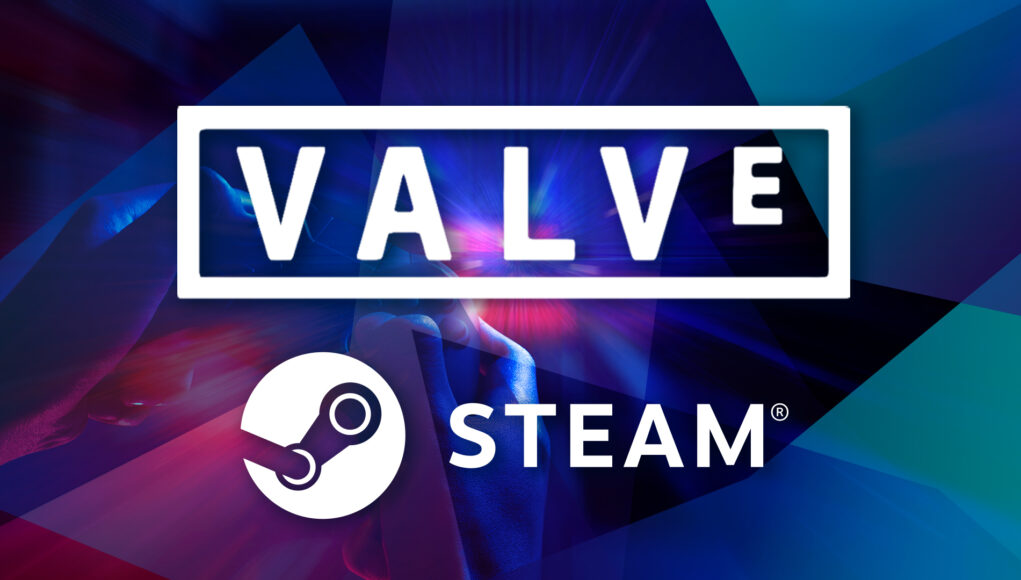Ahead of new California legislation requiring storefronts to clarify that customers are only acquiring a license for digital content rather than full ownership, Steam has preemptively implemented a message at the point of purchase. This move aims to align with the upcoming law, designed to ensure consumers are aware of the often-temporary nature of digital ownership.
The new legislation, officially known as AB 2426, was signed into law by Governor Gavin Newsom at the end of September. It prohibits sellers from using terms like “buy” or “purchase,” which could mislead customers into thinking they are obtaining permanent ownership of digital goods. Instead, businesses must provide a “clear and conspicuous statement” explaining the nature of the transaction.
Though the law won’t take effect until next year, Valve has already updated Steam’s shopping cart globally. A new message now appears under the ‘Continue to payment’ button, stating, “A purchase of a digital product grants a license for the product on Steam.” This is followed by a link to the Steam Subscriber Agreement, offering further details.
AB 2426 specifically excludes games provided through subscription services, games distributed for free, and games that can be downloaded and played permanently offline. Despite this, GOG—a platform known for its DRM-free offerings—responded to Steam’s changes with a playful jab. On social media, GOG posted a mock-up shopping cart, featuring a message that reads, “A purchase of a digital product on GOG grants you its Offline Installers, which cannot be taken away from you.”
The legislation comes in the wake of multiple instances where game licenses have been revoked from players’ libraries. Earlier this year, Ubisoft faced backlash after it began removing access to The Crew from players’ accounts. Similarly, PlayStation withdrew access to PS5 shooter Concord after deciding to shut down its servers, though it did offer refunds.
Ubisoft’s decision, in particular, reignited conversations about video game preservation and the increasing occurrence of games becoming unplayable after purchase. In response, initiatives like Stop Killing Games have emerged, seeking political and legal solutions to protect consumer rights. While AB 2426 doesn’t fully resolve the underlying issue, it aims to enhance transparency for consumers when purchasing digital content.










